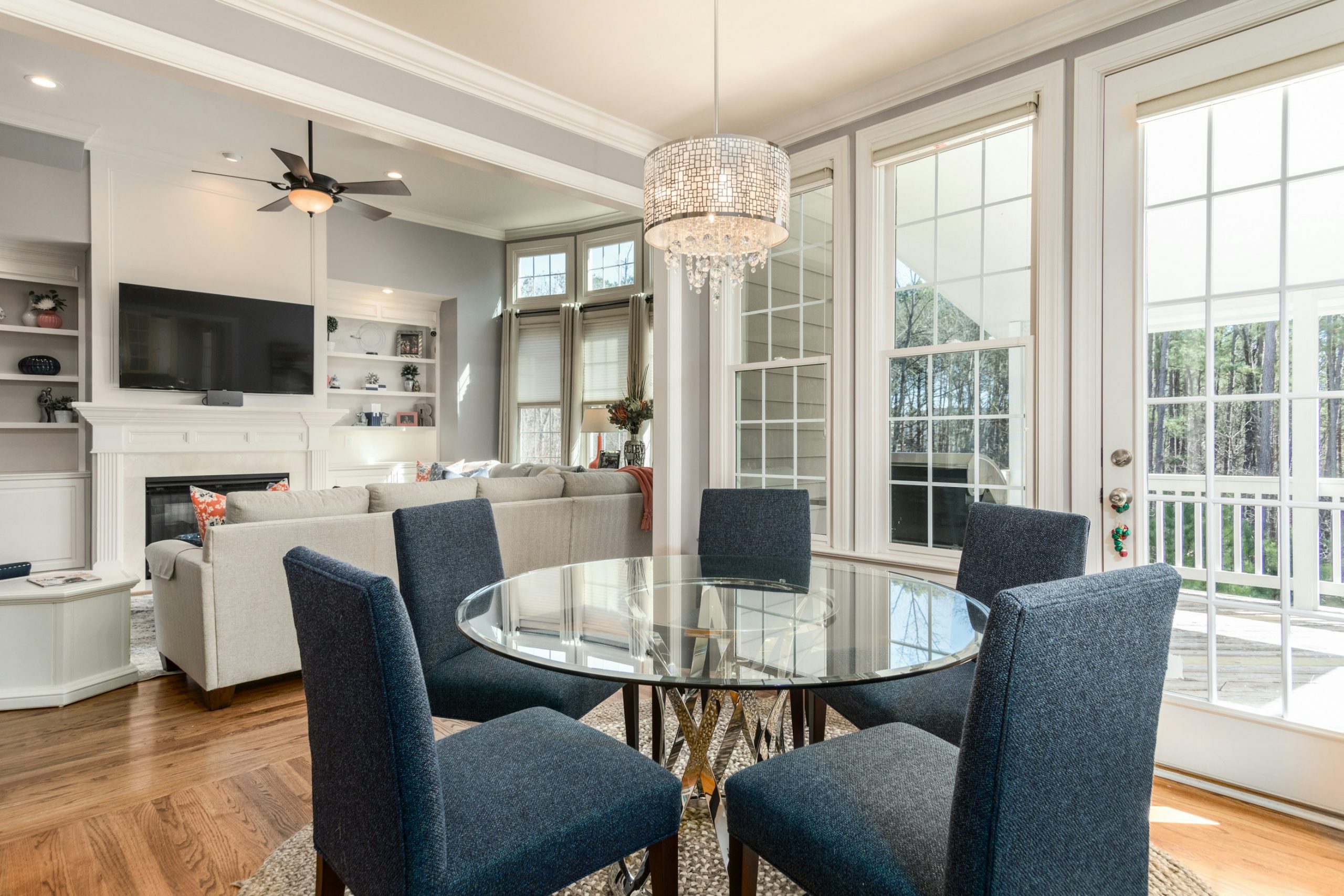The Most Common Expenses for Owning Your Own House
Owning a house is a significant milestone in many people’s lives, offering stability, comfort, and a sense of accomplishment. However, along with the joys of homeownership come various financial responsibilities. Understanding the common expenses associated with owning a house can help you plan and budget effectively. Here’s a breakdown of the most typical expenses you might encounter:
1. Mortgage Payments
The largest expense for most homeowners is their mortgage payment. This monthly payment typically includes principal and interest on the loan used to purchase the house. The amount depends on factors like the loan amount, interest rate, and term of the mortgage.
2. Property Taxes
Property taxes are fees imposed by local governments based on the assessed value of your property. These taxes fund public services such as schools, roads, and emergency services. The amount can vary significantly depending on your location and the value of your home.
3. Homeowners Insurance
Homeowners insurance protects your home and belongings from damage or loss due to covered events such as fire, theft, or natural disasters. The cost of insurance depends on factors like the value of your home, its location, and the coverage options you choose.
4. Utilities
Utility bills encompass electricity, water, gas, and possibly sewer and trash removal. These costs can fluctuate seasonally and depend on factors like your household size, energy usage habits, and local utility rates.
5. Maintenance and Repairs
Homes require ongoing maintenance and occasional repairs to keep them in good condition. This includes tasks such as lawn care, HVAC system servicing, plumbing repairs, and roof maintenance. Budgeting for regular upkeep can help prevent more costly repairs down the road.
6. Homeowners Association (HOA) Fees
If your home is part of a community with shared amenities or common areas, you may have to pay HOA fees. These fees contribute to maintaining community facilities and enforcing neighborhood rules and regulations.
7. Renovations and Upgrades
Over time, you may want to renovate or upgrade aspects of your home, such as remodeling the kitchen, updating bathrooms, or replacing flooring. These projects can vary widely in cost depending on the scope and materials chosen.
8. Pest Control
Dealing with pests like termites, rodents, or insects may require periodic treatments to protect your home from damage. Costs can vary depending on the severity of the infestation and the type of treatment needed.
9. Landscaping and Outdoor Maintenance
Maintaining your yard and outdoor spaces often involves expenses such as mowing, gardening, tree trimming, and seasonal cleanup. The cost depends on the size of your property and the complexity of your landscaping.
10. Emergency Fund
It’s wise to set aside funds for unexpected expenses like sudden repairs or replacements of major appliances, which can occur without warning.
What tools can I use to help?
- Create a Detailed Budget
- Point: Outline all expenses, including mortgage, utilities, maintenance, and repairs.
- Example: Use budgeting tools to track spending and allocate funds for routine upkeep.
- Compare Insurance Policies
- Point: Shop around annually to find the best coverage and rates.
- Example: Request quotes from multiple insurers and review policy details for optimal protection.
- Stay Informed About Property Taxes
- Point: Understand local tax rates and exemptions that could affect your finances.
- Example: Monitor assessments and exemptions for potential savings on annual property taxes.
- Build an Emergency Fund
- Point: Set aside savings for unexpected repairs and replacements.
- Example: Aim to save enough to cover at least three to six months of living expenses for home-related emergencies.
Owning a house provides numerous benefits but also requires careful financial planning. By understanding and budgeting for these common expenses, you can enjoy the rewards of homeownership while managing your finances responsibly. Remember, every home is unique, and expenses can vary, so regularly reviewing your budget and adjusting as necessary is key to maintaining financial stability as a homeowner. Finally picking a good real-estate agent that you can trust is so important in your ownership journey. Call The Redington Team to see if they would be the right fit for you!

 Facebook
Facebook
 X
X
 Pinterest
Pinterest
 Copy Link
Copy Link









